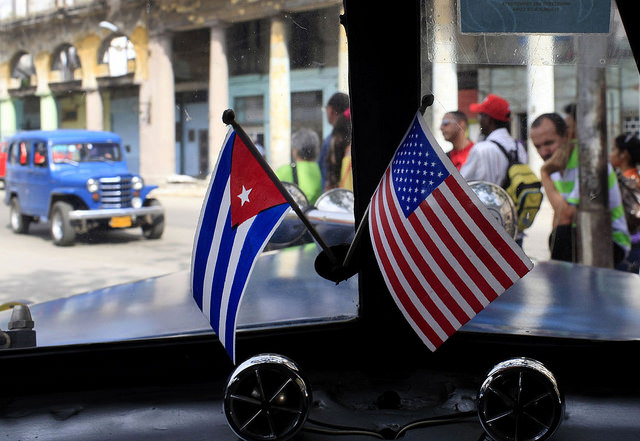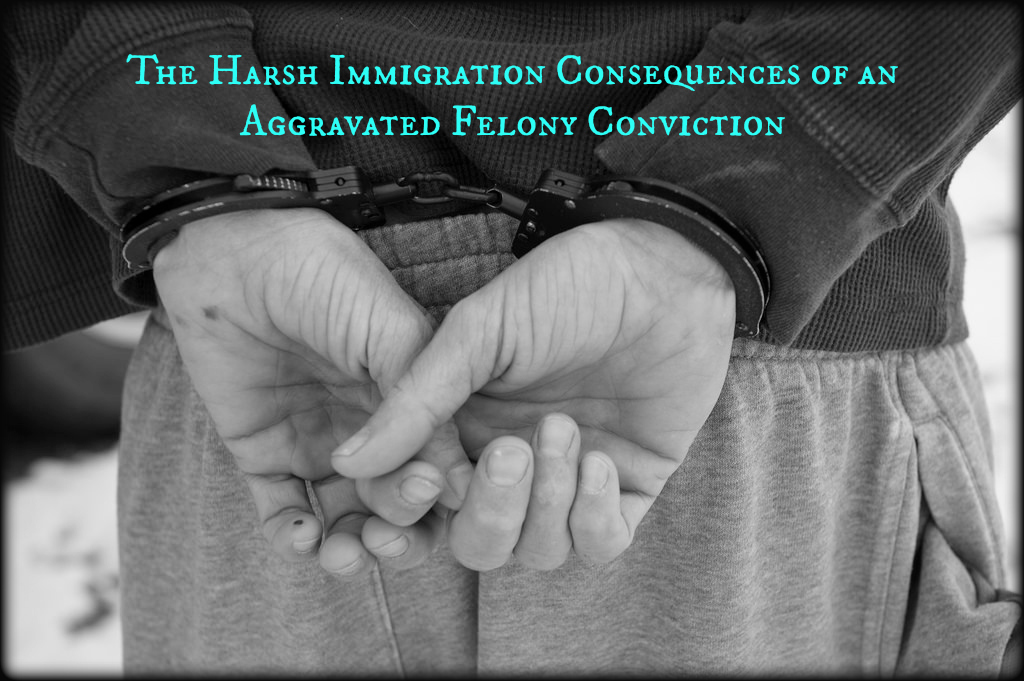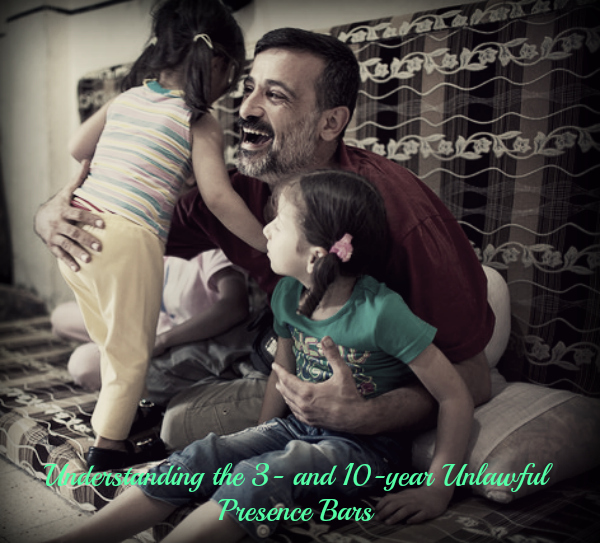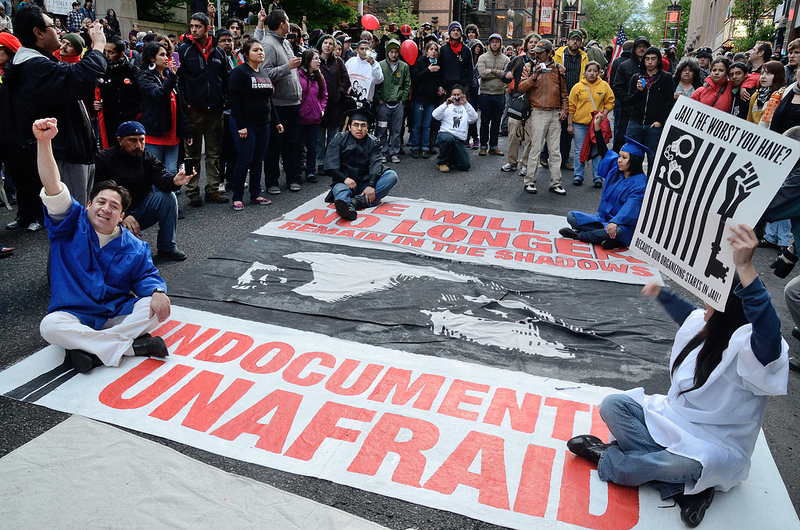On May 7, 2017 Governor Greg Abbott of Texas signed the controversial “Texas Senate Bill 4” into law which will take effect on September 1st. Among its major provisions, the bill outlaws the establishment of “sanctuary cities” which serve as safe havens for undocumented immigrants, requires local law enforcement officials to cooperate with federal immigration authorities by holding undocumented immigrants subject to deportation, and permits local law enforcement officials to question individuals regarding their immigration status in the United States. In September, the bill will be enforced by officers throughout the state of Texas including by police officers on college campuses. The bill, however, will not apply to officers contracted by religious groups, schools, government mental health care facilities, and hospitals.
More specifically SB4:
- Blocks local entities from passing laws and/or adopting policies that prevent local law enforcement officials from inquiring about a person’s immigration status
- The law makes it a crime for sheriffs, constables, police chiefs, and local leaders to refuse to cooperate with federal immigration authorities (Class A misdemeanor)
- Imposes sanctions on law enforcement officials and local jurisdictions that do not comply with the law
- Cities who fail to comply with the law may face fines of up to $25,000 per day, and the police chiefs, sheriffs, or mayors of noncompliant jurisdictions may be charged criminally and/or removed from office
- Allows police officers to question anyone they believe to be residing in the United States unlawfully about their immigration status, including at routine traffic stops
 Visa Lawyer Blog
Visa Lawyer Blog











